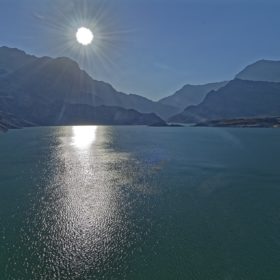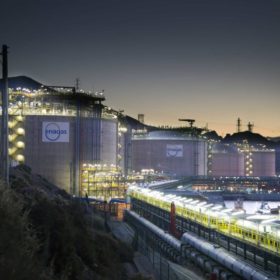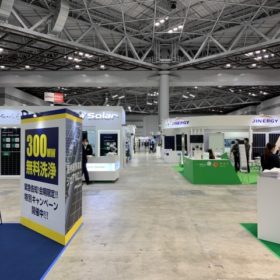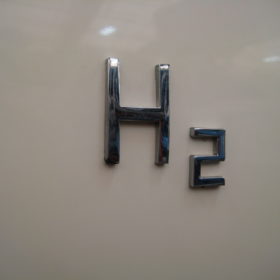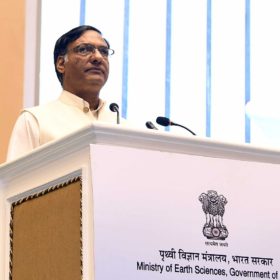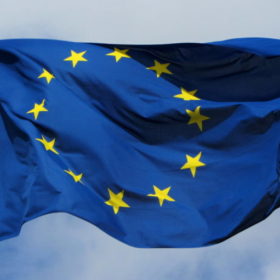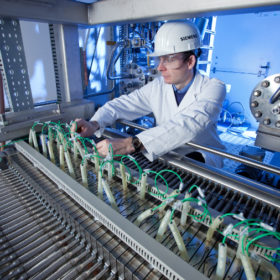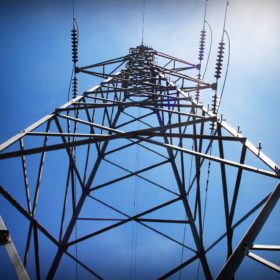Renewable-powered hydrogen for Oman
Belgian engineer DEME is planning up to 500 MW of hydrogen production capacity at the port of Dumq, which is rich in solar and wind power resources. The engineer plans to ship hydrogen from the port to Europe.
Producing hydrogen with rust and sunlight
Researchers at the Tokyo University of Science have found goethite, a common type of rust, can be used as a catalyst to speed up solar-powered hydrogen production. The group says further optimization could enable their process to eliminate the need for the costly, rare catalysts currently used.
Hydrogen production coupled to solar and storage to debut in Spain
Spanish gas provider Enagás has signed an agreement with Ampere Energy for the joint development of several hydrogen production R&D projects with PV and storage. The first installation will be deployed at a gas plant in Cartagena, in the southern Spanish region of Murcia.
Coronavirus concerns overshadow PV Expo in Tokyo
The annual trade show was not particularly well-attended this year, but market sentiment is still positive in Japan – nobody believes that installations will drop due to the coronavirus outbreak. And the country’s upstream industry – modules, batteries, and hydrogen tech – clearly remains compelling, given the number of brave souls who actually did make the trip out to Tokyo Big Sight this year.
For cheaper hydrogen, just add cobalt
Japanese researchers have developed a new water-splitting technology based on a photoelectrochemical system made with titanium dioxide and cobalt. Cobalt is said to be a solid alternative to noble metals such as gold and silver to improve the light-absorbing properties of titanium dioxide used for water oxidation.
India’s future energy options all add up to coal, agree the experts
Panellists including a government representative and a member of the chief policy thinktank used by Narendra Modi agreed coal will continue as the staple source of Indian power into the mid century and technology should be employed to ‘clean’ it.
Dutch grid operator expects up to 34 GW of solar by 2030
Under Tennet’s most optimistic outlook, solar generation capacity could more than double the volume of wind farms by the end of the decade, provided the Netherlands goes above and beyond Paris Agreement climate change requirements.
ERA-Net awards 23 future energy pilot projects across Europe
Under the umbrella of the European Union’s Horizon 2020 initiative, the research platform ERA has initiated a new batch of future energy projects. Looking at the list of winning projects, it is easy to tell that hydrogen, virtual power plant, and blockchain projects are really at the center of what Europe thinks will be important for its net-zero carbon plans by 2050.
Integrated energy system could see 110 GW of electrolyzers in Germany and Netherlands
A report from Dutch grid operator TenneT and gas business Gasunie suggests the companies should jointly develop infrastructure after 2030. With hydrogen and synthetic methane in demand, electricity and gas will become increasingly inter-linked. Only seamless integration of the two networks would enable the EU to achieve its net-zero-carbon 2050 plan.
Solar-plus-storage will start to make big inroads in the year ahead
By this time next year we may be able to wave goodbye to that old chestnut about renewables endangering security of supply. Elsewhere, the price of lithium – and the products it goes into – could go either way after tanking this year.
